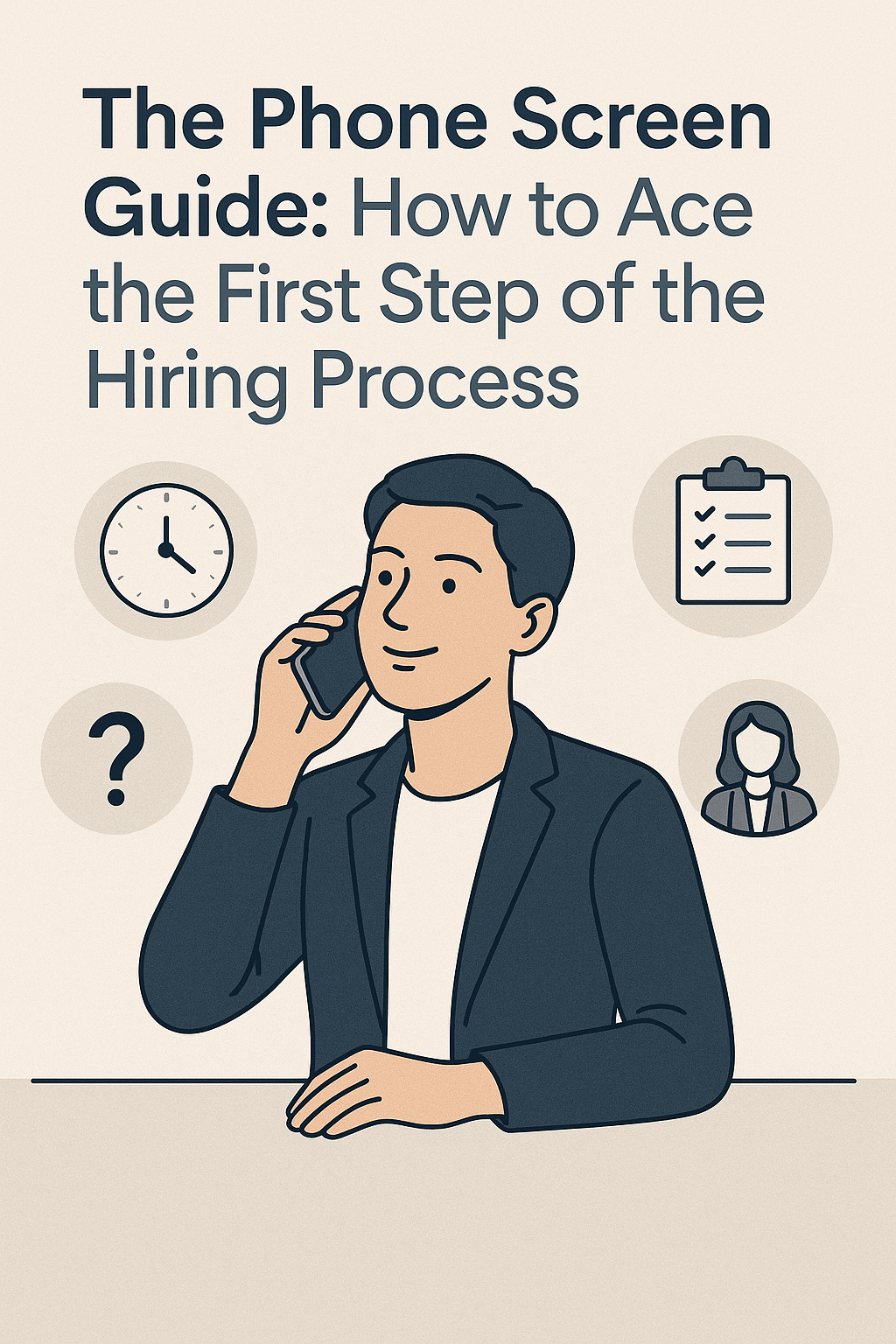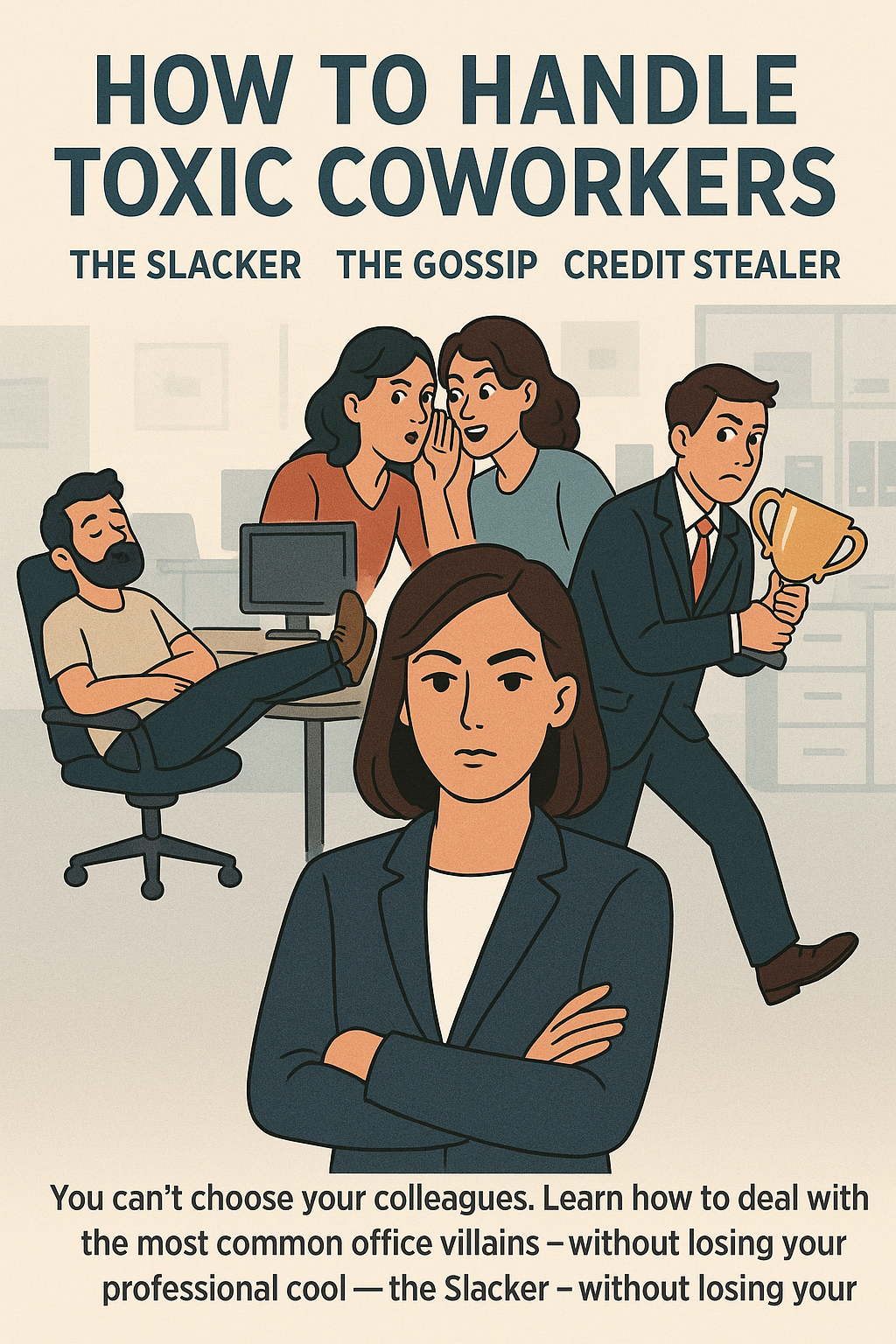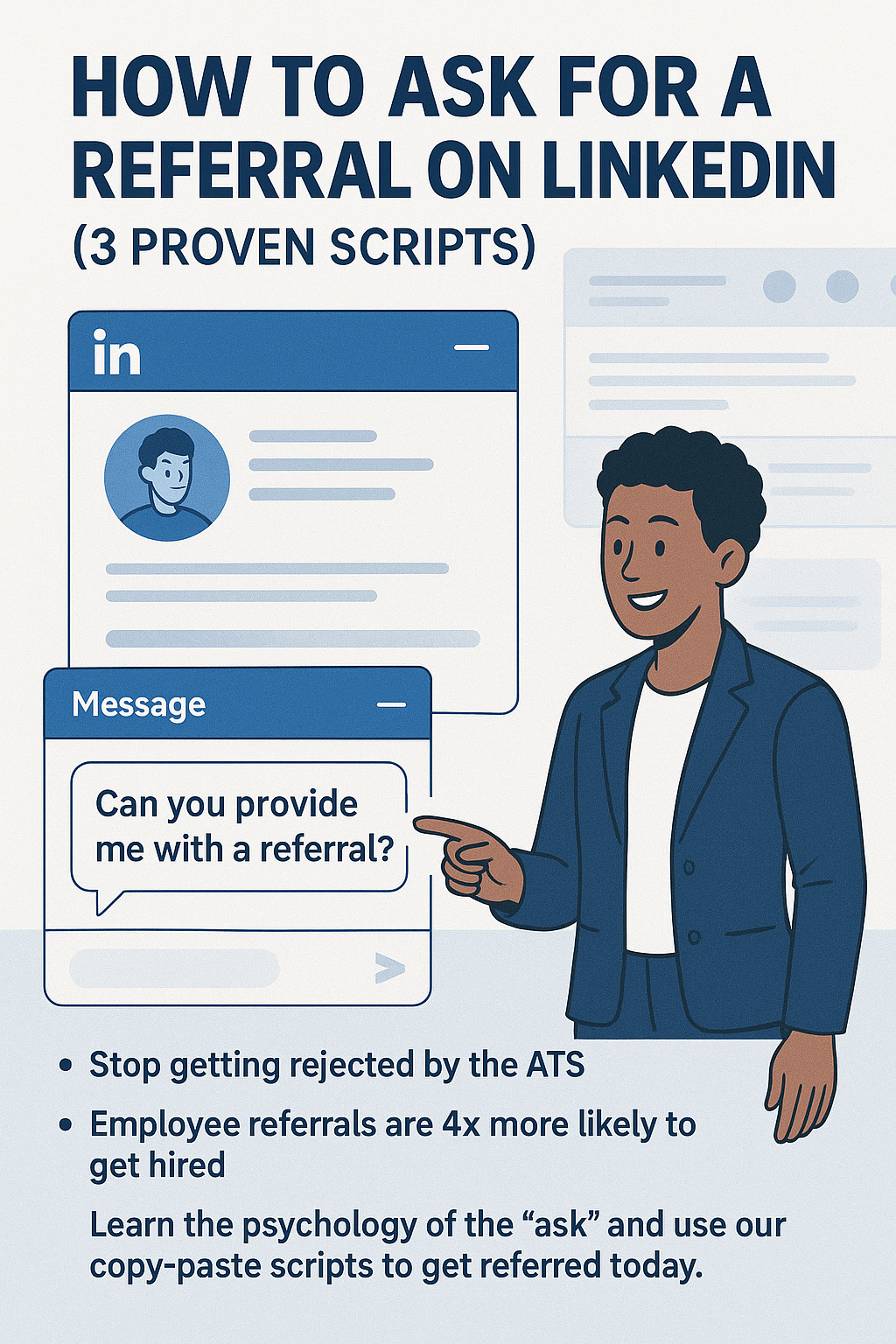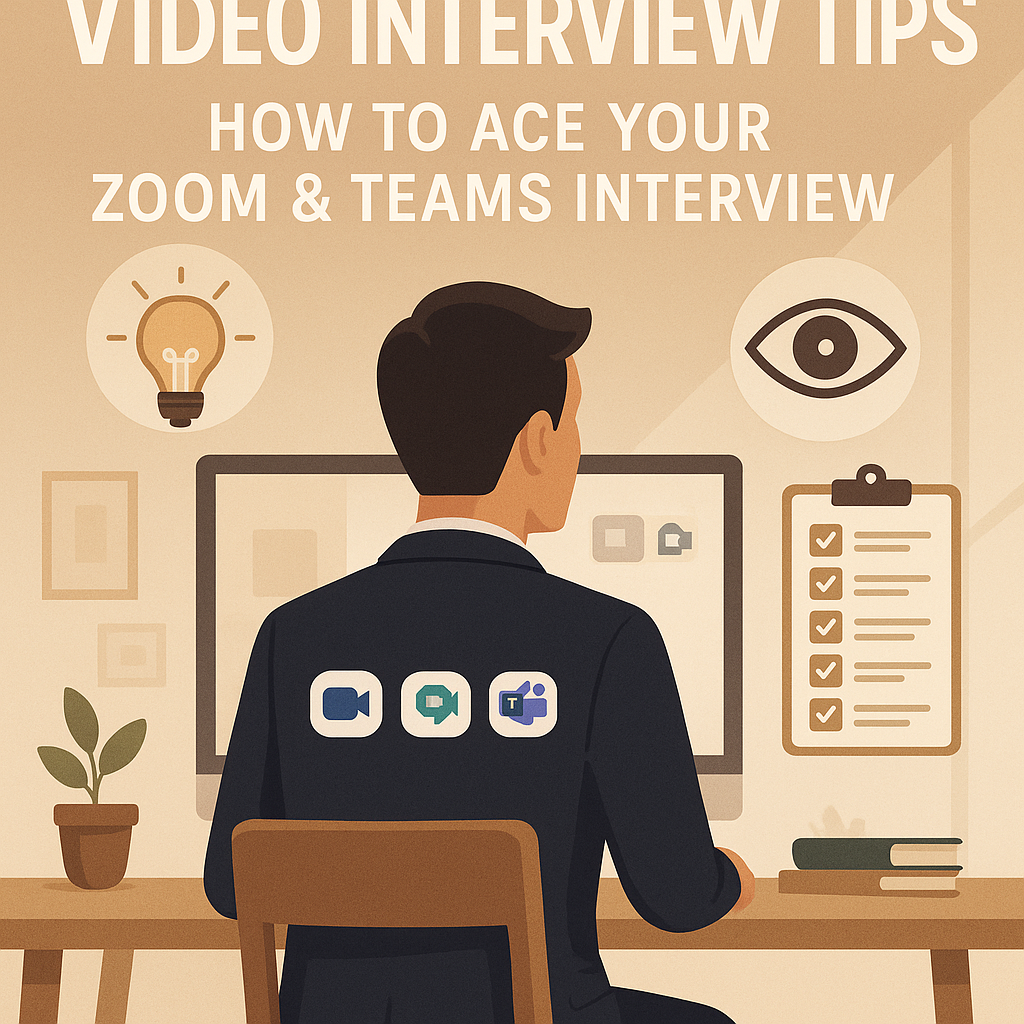
The Phone Screen Guide: How to Ace the First Step of the Hiring Process
You applied for a job, and a few days later, you get an email or a call from a recruiter wanting to set up a "brief chat." It sounds casual, low-stakes, and perhaps even a bit informal. "It's just a phone screen," you tell yourself. "The real interview comes later."
This mindset is a dangerous trap. The phone screen is not a casual chat; it is the first and most critical gatekeeper of the entire hiring process. It is a ruthless filter. Recruiters use these 15-30 minute calls to sift through dozens of potentially qualified candidates and decide who is worth the time of the hiring manager. If you stumble here, you will never get the chance to show your skills to the person who actually matters.
Many qualified candidates fail at this stage because they treat it too lightly. They take the call while driving, they haven't researched the company, or they ramble because they haven't prepared their answers. They assume their resume has already done the work. In reality, the phone screen is a distinct test with its own set of rules. It’s not about proving you’re the best expert yet; it’s about proving you are a sane, communicative, and genuinely interested professional who is a low-risk investment for the next round.
This guide is your playbook for mastering the phone screen. We will decode what recruiters are actually looking for in this short call, the questions they will inevitably ask, and the strategies you need to ensure you get that golden ticket to the next round.
The Recruiter's Checklist: What Are They Actually Testing?
To ace the screen, you need to understand the recruiter's motivation. They are likely not the hiring manager. Their goal is to create a shortlist of 3-5 candidates who tick all the boxes. During the call, they are mentally checking off a few critical criteria:
- Verification: Is the information on your resume accurate? Do you actually have the core skills required?
- Communication Skills: Can you articulate your experience clearly and concisely? Are you professional and easy to talk to?
- Interest & Knowledge: Do you know what the company does? Are you genuinely enthusiastic about this specific role, or just looking for a paycheck?
- Logistics: Are your salary expectations within their budget? Does your notice period align with their timeline? Are you located in (or willing to relocate to) the right city?
- Sanity Check: Are there any major red flags in your attitude or behavior?
Your goal is to give them a confident "yes" on all five points.
The "Must-Prep" Questions You Will Be Asked
Phone screens follow a predictable pattern. You should have bulleted answers ready for all of these.
1. "Tell me a little about yourself."
This is almost always the opener. Keep it shorter than you would in a full interview—aim for 60 seconds. Briefly summarize your current role, your key background, and why you applied for this job. It’s your elevator pitch.
2. "Why are you looking for a new opportunity?"
This is a check for red flags. Never badmouth your current employer. Focus on the "pull" (what you want) rather than the "push" (what you hate). * Good Answer: "I've learned a lot in my current role, but I'm ready for a new challenge where I can utilize my [Skill A] and [Skill B] more strategically, which is why this role caught my eye."
3. "What do you know about our company?"
This is the interest test. If you say "not much," you fail. You don't need to know their stock price history, but you must know their core product, their mission, and their industry. Spend 10 minutes on their website before the call. Mentioning a recent news item found on their company profile is a great way to stand out.
4. "What are your salary expectations?"
As discussed in our salary negotiation guide, this is a screening tactic. Be prepared with a realistic range based on market research. If you are way out of their budget, the process ends here.
5. "What is your notice period?"
Be honest. If it's 3 months, say so. If it's negotiable or you can buy it out, mention that too.
The Logistics of a Perfect Call
Since they can't see you, your voice and environment must do all the work.
- Find a Quiet Bunker: Never take a phone screen in a coffee shop, on a busy street, or in an open office. Background noise screams "unprofessional." Find a dead-silent room.
- Use a Headset: Free up your hands to take notes. A headset also usually offers better audio quality than holding the phone.
- Stand Up and Smile: This sounds silly, but it works. Standing up opens your diaphragm and makes your voice project more energy and confidence. Smiling while you talk physically changes the tone of your voice, making you sound warmer and more enthusiastic.
- Have Your Cheat Sheet Ready: Since it's a phone call, you can cheat! Print out your resume, the job description (with keywords highlighted), and a list of your key achievements. Have your "STAR" stories bulleted out in front of you.
The "Do You Have Questions?" Moment
At the end, they will ask if you have questions. Always ask 1-2 questions. It shows engagement. * "What does the rest of the interview process look like?" (Shows you are planning ahead). * "What are the biggest challenges the person in this role will face in the first 3 months?" (Shows you are thinking about performance).
Conclusion: The Gateway to the Offer
The phone screen is a small hurdle, but it's one that trips up many talented people. By treating it with respect, preparing for the standard logistical questions, and creating a professional environment for the call, you can easily set yourself apart from the unprepared masses.
Remember, the recruiter wants you to pass. They want to find a great candidate to present to the hiring manager. Make their job easy. Give them clear, enthusiastic, and verified reasons to move you to the "Yes" pile. Once you clear this hurdle, you're ready for the deep dive of the in-person or video interview.
To ensure you keep getting these calls, keep your job alerts active and your resume sharp with the JobPe Resume Builder.
For more tools to help you navigate every step of the hiring funnel, https://jobpe.com.

Creative Content Writer






